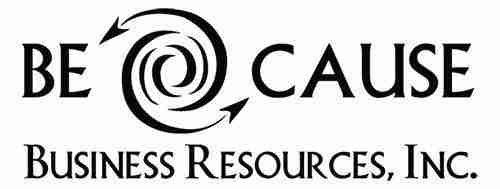Why write a business plan?
There are two main reasons. A business plan helps entrepreneurs to improve operational sustainability while reducing risk. Banks and investors typically require a business plan to demonstrate the business has been carefully designed and possible difficulties have been identified and solutions considered.
How to begin:
Define your objectives.
Are these objectives realistic?
How will you reach your objectives?
From your answers to these questions you can produce a basic plan.
A Plan Outline
- Executive Summary – brief description of your business, what you do and how you do it.
- Customers – who are they, their needs and how you fill those needs.
- Competition – know everything about them, strengths, weaknesses, pricing and costs.
- Suppliers – strengths and weaknesses.
- Marketing – sales channel, how you reach customers, what is your value proposition message, how you communicate to them and do you have the funds to do that.
- Staff – Key staff strengths and weaknesses, what functions do you outsource?
- Processes – methods, policies and procedures, employee job descriptions and duties.
- Financial – forecast for 3 to 5 years. Profit and loss and balance sheets.
Completing this plan will clarify your objectives. It will be a dynamic plan, changing every day.
Keep your plan up to date with a quarterly, annual and multi-year perspective. Refine and develop the plan each 90 days to reflect changes.
As you develop your plan, consider your personal objectives. What personal lifestyle, investment and retirement goals do you have that you would like your business to help you achieve? Your business is your profit engine to create greater personal wealth and security.
Create Cash Reserves
Building a secure, personal investment portfolio and cash reserve will enable you to make loans to your business as it goes through varying economic circumstances. Being a successful business owner requires strategic, long-term planning with preparation for booms and busts in the marketplace.
Anticipate the Unexpected
You owe it to your family, employees and customers to anticipate and prepare for all eventualities. Training and development of key employees for succession includes your transition out of daily responsibilities at some point. This planning and employee training is a critical responsibility best done over many years to insure a successful continuation of the firm.




